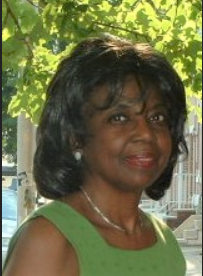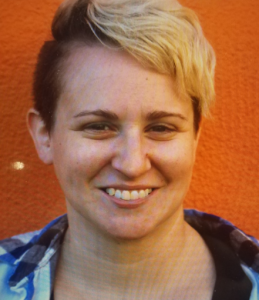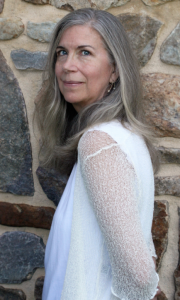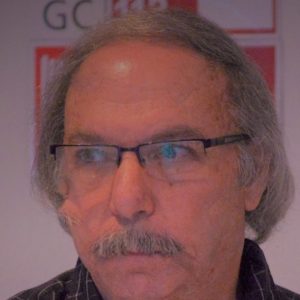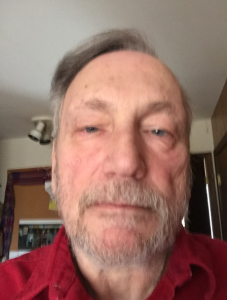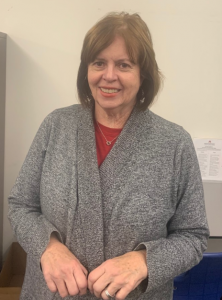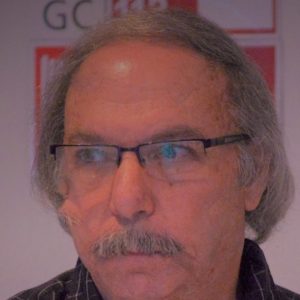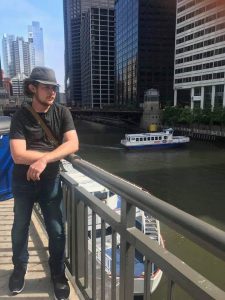Winner of the 2020 Sandy Crimmins Poetry Contest
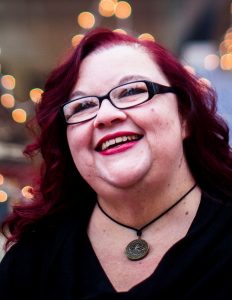
sometimes I see snakes in a milk pail
noisy tumbles of coils & scales
I lie awake steeled vigilant
absorb the discord of writhing
bodies in my opaque world
I wonder if they know they swim in sacrifice
maybe they think it’s water edged by meadow
maybe they dream the spinning of their skins
will loose them to catch the scent
of mouse or egg
in a dreamscape of venom & froth
or is it panic
black thick rich like cream
panic that weighs them down
roiling blind only to find they’re trapped
and soused in humors
maybe the milk’s a mirror
a mother-of-pearl shine that splashes
the black snake hole in my eye
if I stare at the waves the sloshes of nacre
maybe my tongue will smell a way out
lift me with a swell as the vipers sink
like weighted calcite beneath the tide
black pearls lost at sea
maybe then stillness will claim me
a silence only I can taste like stolen butter
Kari Ann Ebert is a poet & writer living in Dover, Delaware. She was recently awarded an Individual Artist Fellowship by the Delaware Division of the Arts (2020). Winner of the 2018 Gigantic Sequins Poetry Contest, her work has appeared in Mojave River Review, Philadelphia Stories, The Broadkill Review, and Gargoyle, as well as several anthologies. She was selected to attend the BOAAT Press Writer’s Retreat (2020) with Shane McCrae, awarded a fellowship by Brooklyn Poets (2019), and selected to attend the Delaware Division of the Arts Seashore Writers Retreat (2016). She also enjoys making up-cycled art and collaborating with local artists, musicians, and writers.
